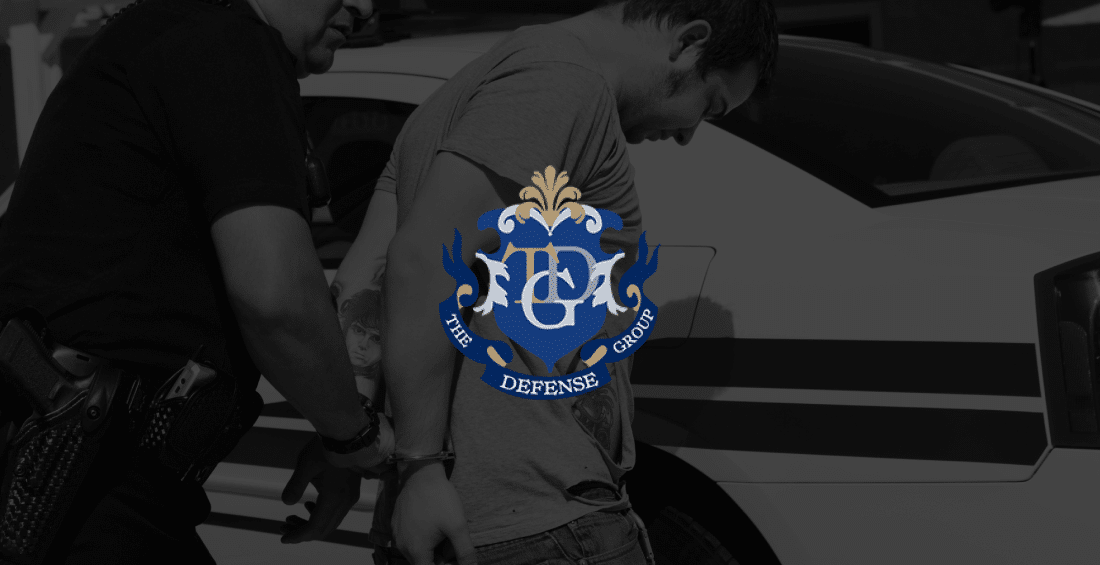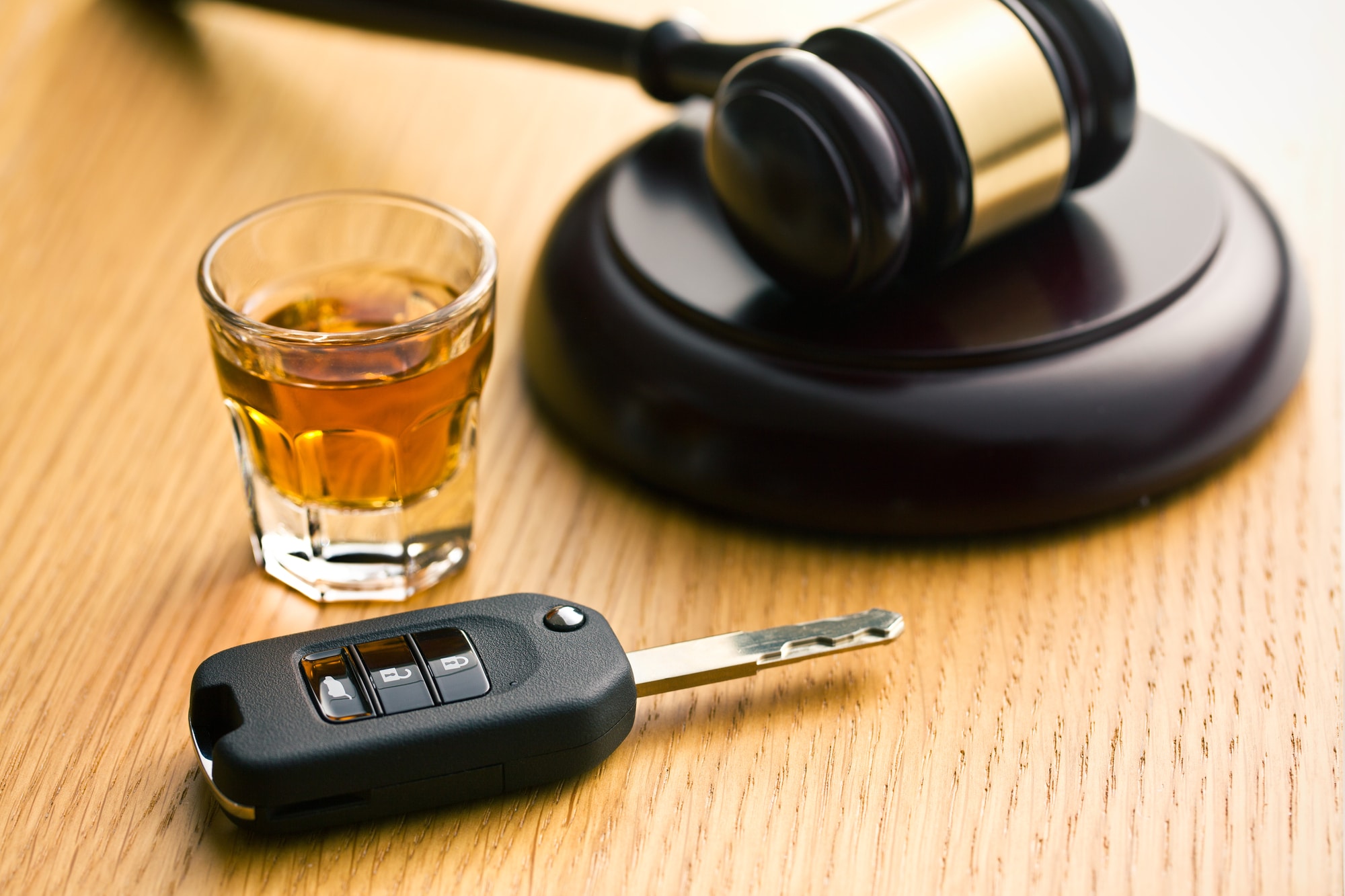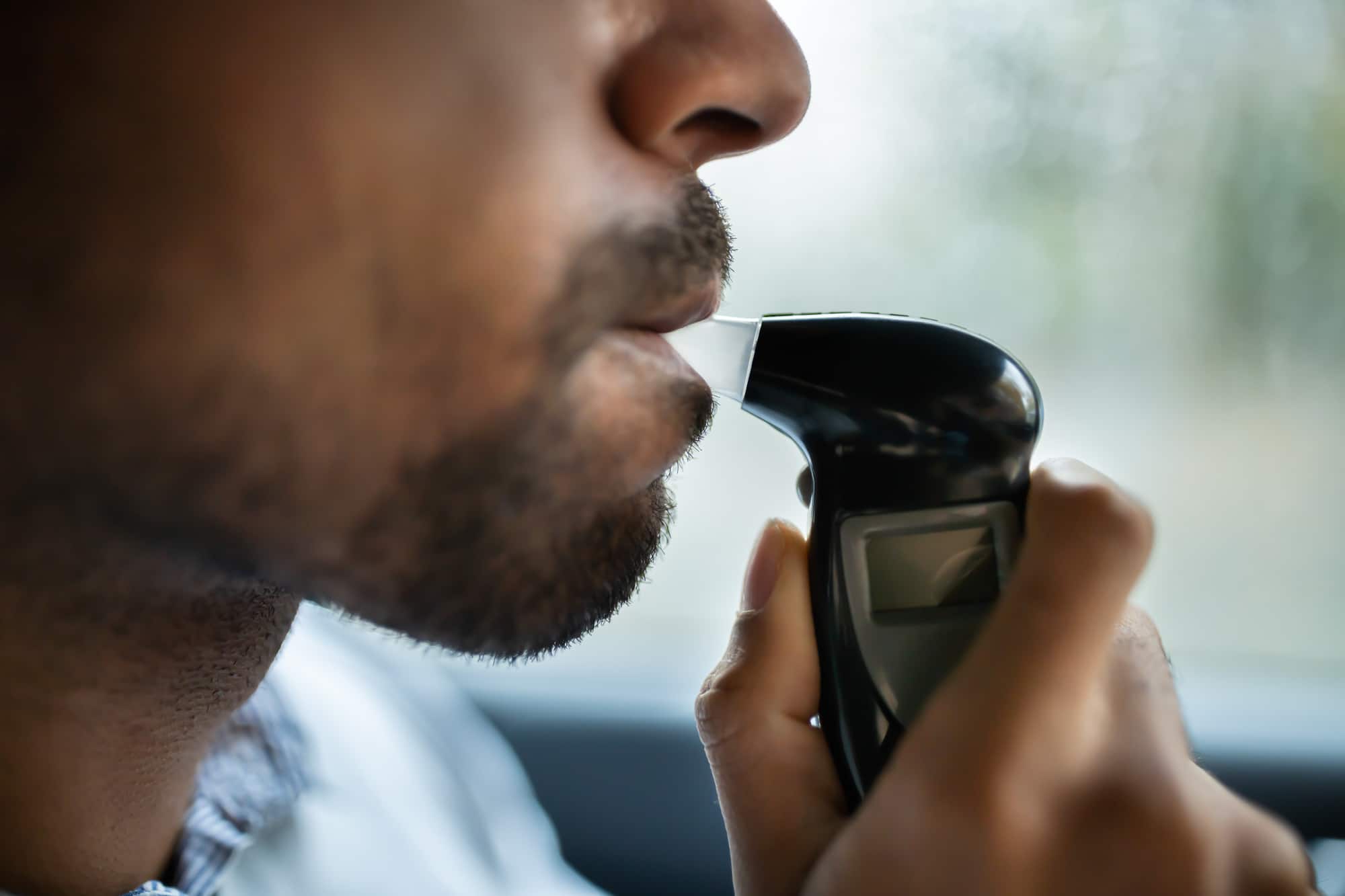Outside of the legal field, most people think of a crime as one “thing”—a robbery or a drug sale. But when a single course of action violates multiple laws, prosecutors often have discretion to use separate charges against the defendant. An overzealous or ruthless prosecutor can use this to their advantage, creating dozens or even hundreds of separate charges. This technique is known as “charge joinder,” or “charge stacking,” to its critics.
Anyone who is facing multiple charges in Florida needs the help of a criminal defense attorney as soon as possible. A study in the Harvard Law Review has shown that Florida prosecutors had a conviction rate of nearly 80% when the defendant had multiple charges, as opposed to only 44% when the defendant had a single charge. Without skilled representation, a defendant can face unjust penalties and a lifetime of stigma.
Charge Stacking: An Example
Take the case of a defendant, Alice, who is arrested near the scene of a burglary, carrying allegedly stolen property. Among those goods are prescription medications—opioid painkillers—and a box with important papers, including a will. She may be charged with burglary as a felony of the second degree since she stole a controlled substance. She can also be charged with possession with intent to sell that substance, another second-degree felony. The theft of a will constitutes grand theft in the third degree. Trespass charges can apply to any property she entered or crossed. The charges can add up as long as the prosecutor can find separate violations that she may have committed.
Would all of these charges stand up in court? Probably not, but it would take a skilled attorney and considerable resources to prove it. Most defendants do not have that option. When a defendant faces a long list of charges, each carrying a separate penalty, the state has tremendous leverage for a plea bargain.
Typically, defendants are willing to accept a guilty plea on one or a few charges instead of risking a trial when the verdict could put them in prison for decades. Even when they want to fight it, their public defender, who carries dozens of other cases, will not have the resources to do so, and they often advise against it.
How Attorneys Can Fight It
The state is supposed to be able to prove its charges beyond a reasonable doubt. Criminal defense attorneys challenge the state to do that—to prove every element of the crime and the admissibility of every point.
Once a defense attorney reviews the situation and the evidence with their client, they will understand which charges could hold up in court and which are only used to intimidate the defendant. If the arrest was unconstitutional, they may even be able to get the charges dismissed entirely.
Experienced criminal defense attorneys are often personally familiar with the prosecutors and courts involved—their opinions, tactics, and day-to-day concerns. If the defendant has information that could assist the state in a related case, they may be able to turn it to the defendant’s advantage.
When it is wisest to negotiate a plea for the defendant, the defense attorney’s insight and savvy will enable the defendant to get the best deal possible. This can preserve the defendant’s future, especially if the charges can be reduced to a misdemeanor, or if the adjudication can be withheld so that sealing and expungement is eventually possible.
If trial is the best course of action, a defense attorney will analyze every possible weakness in the prosecution’s case. At trial, the prosecution has to prove every element of a crime. In a charge of theft, for example, the prosecution must prove that the defendant:
- Knowingly obtained or attempted to obtain the property of another
- In order to deprive that person of the use of the property and
- Appropriate the property for their own use or someone else’s use
See Fl. Stat. § 812.014. Did the defendant really obtain the property, or was it someone else’s that was found on or near them? If so, did they obtain the property knowing that it belonged to another? Did they intend to “deprive” the owner of its use or “appropriate” it?
Furthermore, a charge of grand theft—as opposed to petit theft—depends on the value of an item or its identity. Grand theft is a felony, but petit theft is a misdemeanor. Can the prosecution show that an item is valued high enough to merit a felony? A defense attorney may be able to make the prosecution work to prove every charge at every point.
Planning Your Defense
If you or your loved one have been charged in Florida, don’t delay. You don’t have to believe threats about a laundry list of charges that seem too heavy to fight. Our Orange County, Florida attorneys defend against many charges that often involve stacking, including—
- Drug possession or trafficking
- Property crimes, including theft and burglary
- Internet sexual offenses
- Crimes against the person, including assault
Whatever your criminal charge may be, we want to hear from you. Call us today at 407-743-8430 to set up your free initial case review. We can schedule an appointment with you in our Orlando offices or take an emergency night or weekend meeting.












